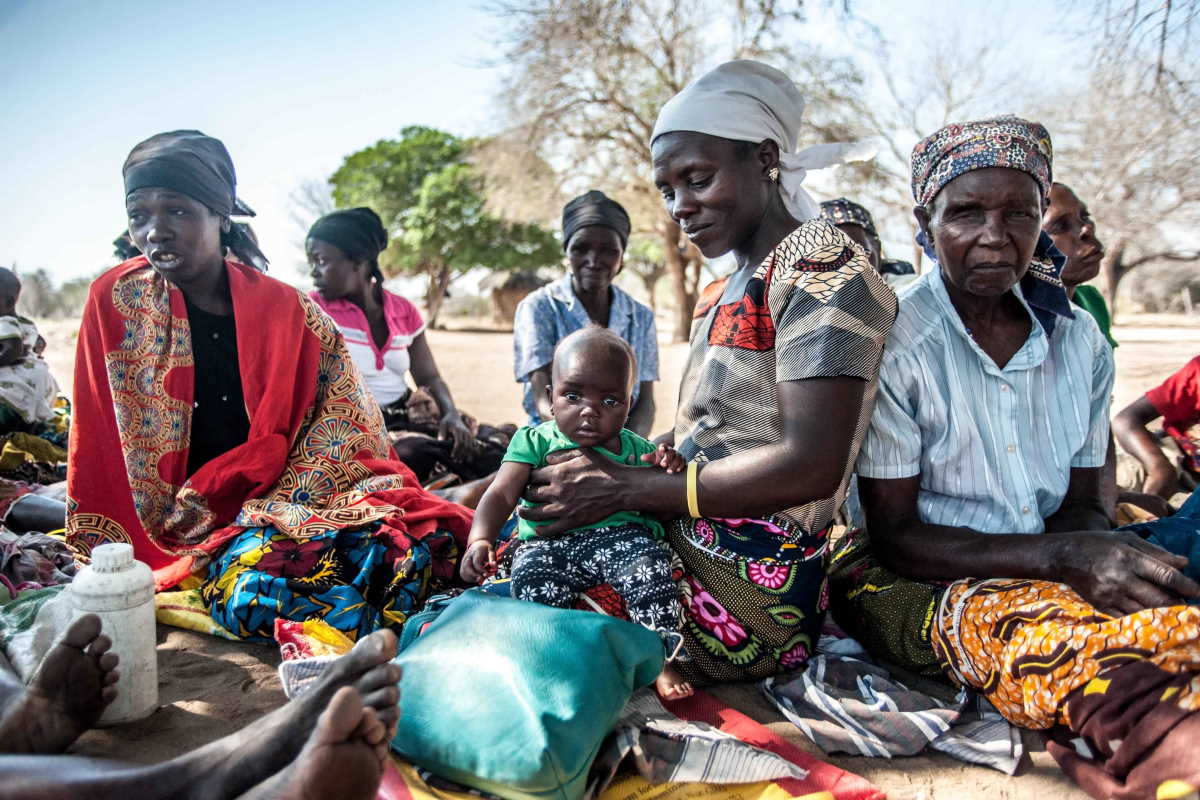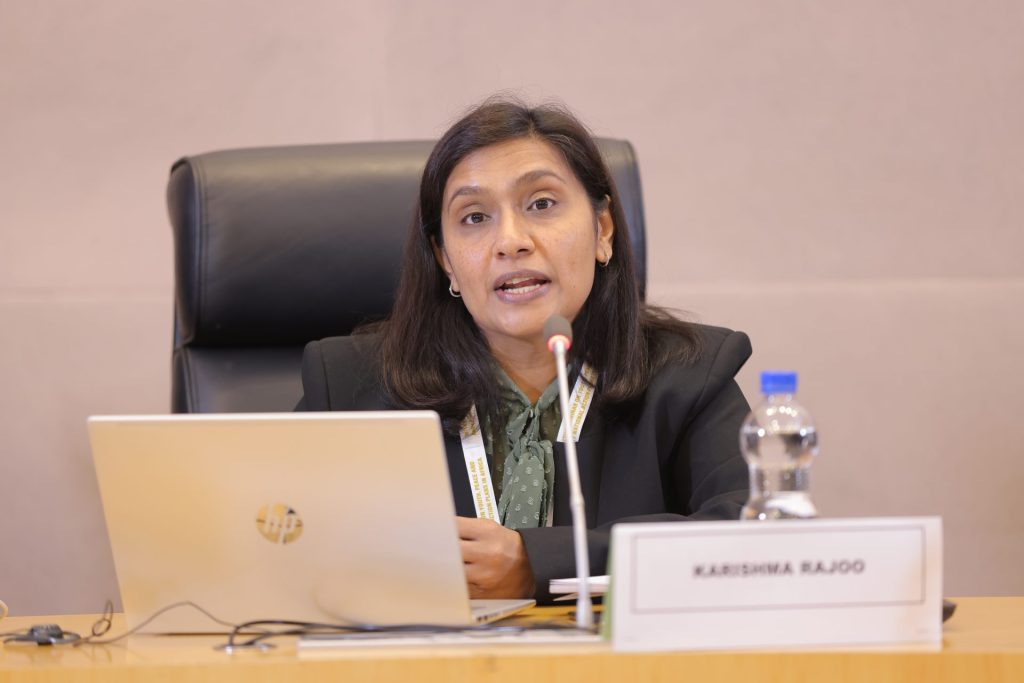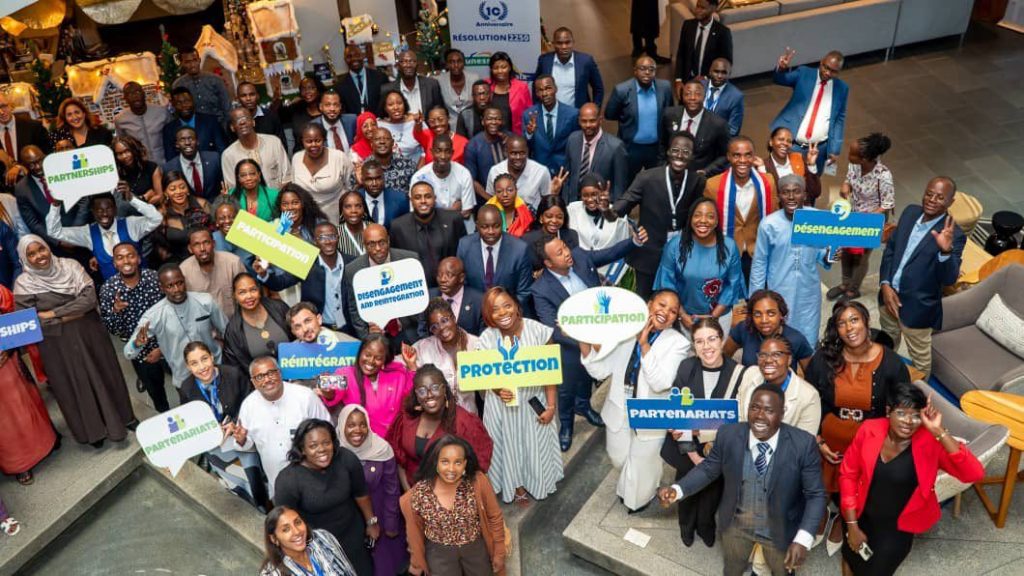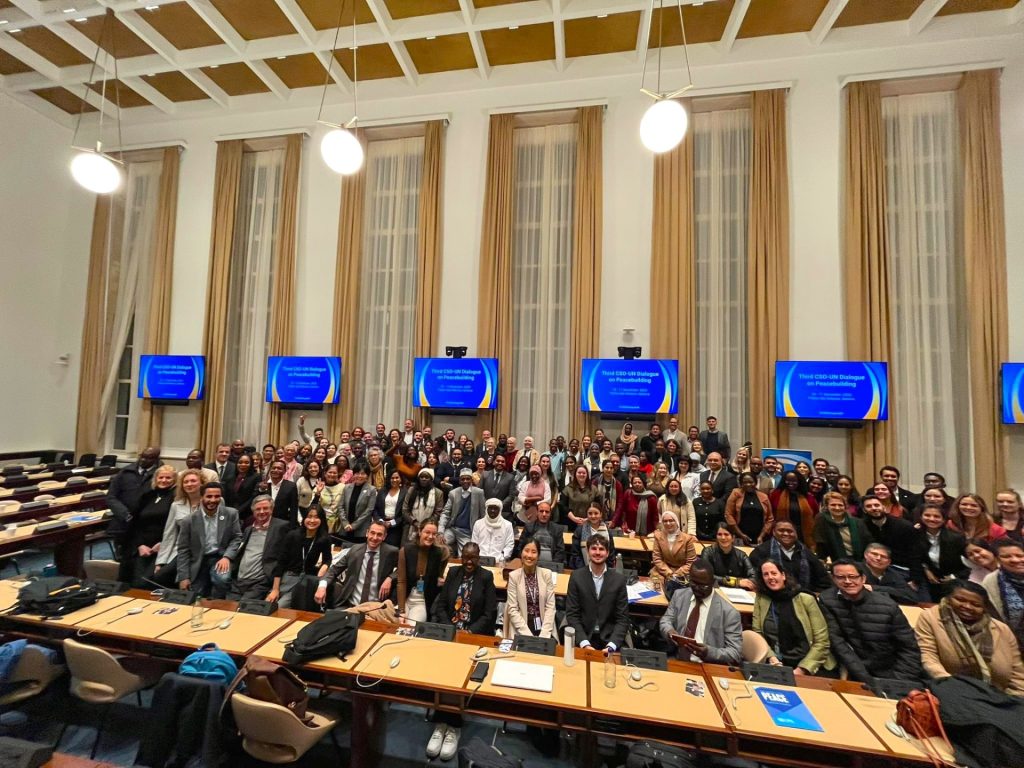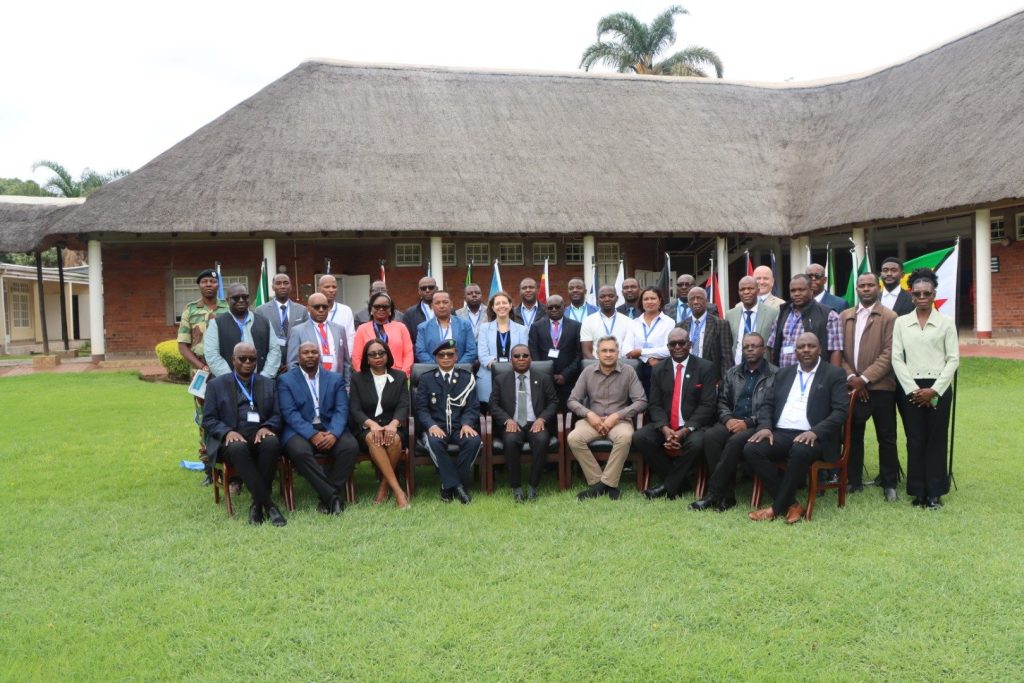ACCORD in partnership with The African Union (AU) Office of the Youth Envoy (OYE) convened a Southern African regional Intergenerational Dialogue (IGD) on Youth Silencing the Guns (STG). The IGD took place on the 10September 2020. This initiative is in line with the AU’s 2020 theme of the year to “Silence the Guns: Creating conducive conditions for Africa’s development”, it inculcates aspirations of Agenda 2063 and called for intergenerational co-leadership. This theme was further unpacked into five different sub-themes and these included; a conflict free Africa; silencing poverty, hunger, youth unemployment; silencing gender-based violence; silencing corruption; and silencing climate change. ACCORD’s Executive Director, Dr Vasu Gounden was a panelist on this IGD and was accompanied by H.E. Ambassador Albert Muchanga, AU Commissioner of Trade and Industry, Mme. Nyaradzayi Gumbonzvanda, AU Goodwill Ambassador for Ending Child Marriages, among other esteemed speakers.
The IGD identified the key roles and activities that Southern African youth can play to advance the STG agenda; as well as the challenges and gaps that hinder the effective participation and contributions of the youth to silencing the guns. It further discussed ways to foster intergenerational co-leadership on silencing the guns and promotion of governance, peace, security, and development. Lastly, it provided policy and action-oriented recommendations to address the identified challenges and barriers to youth’s participation, as well as maximise opportunities and enhance their contributions.
More specifically, the IGD highlighted the importance of using education as a tool to reshape the trajectory of the youth in Africa and ultimately to seek better opportunities for them. The support and collaboration of the older generation is imperative in helping young people on the continent realize their full potential to create innovative solutions and develop entrepreneurial skills. Additionally, this works in conjunction with the proper dissemination of information towards where the youth are able to attain suitable information to help build and develop on ideas that will ultimately aid towards the rebuilding and prosperity of the continent. However, in order to achieve the mandate set out by Agenda 2063, there needs to be a silencing of mental and verbal violence towards the youth, young leaders need to be seen less as victims and more as victors by the older generation, if they are to cement their place in the peace and security discourse.
Broadly, the recommendations from the IGD called for youth participation and inclusion in governance, youth leadership development, strengthening the understanding of ‘silencing the guns’ challenges; and enhancing of the implementation on ‘silencing the guns’ programmes. The IGD highlighted that generational co-leadership is not centred on an entitling transfer of legacy or passing the torch to the current generation but it upholds the possibility of a wider generational collaboration based on experience sharing, dialogue, and co-creation that allows younger people to thrive and develop their leadership potential without the fear of reprisal.
This Southern Africa IGD, and the rest in the series of six regional IGDs convened in cooperation with AU OYE and the Kofi Anan Foundation, is in line with ACCORD’s strategic objective to strengthen the capacities of youth to participate in peace and security initiatives.

